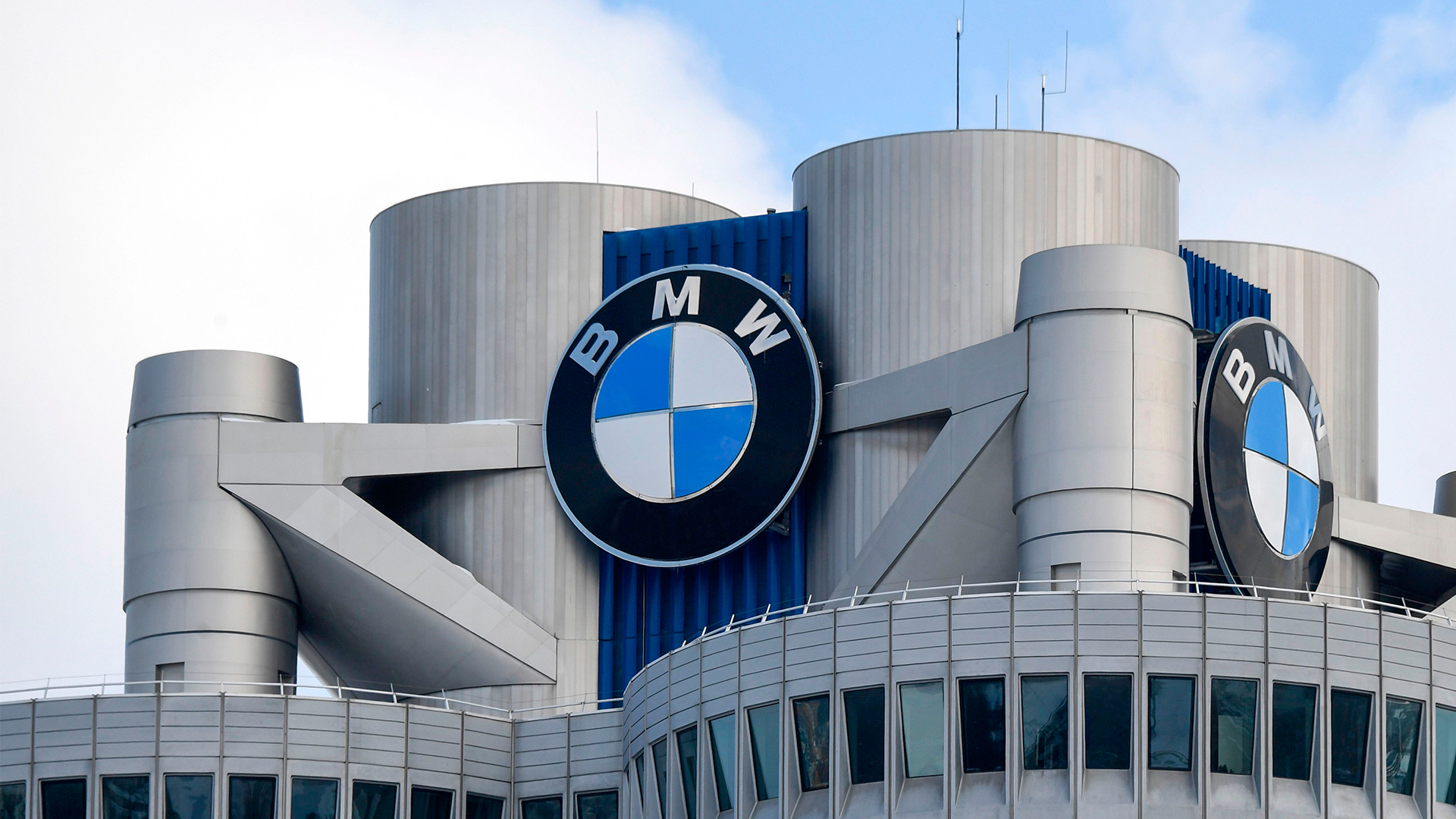

Luxury German automaker BMW has posted its quarterly earnings report, revealing a significant decrease in overall profits despite an uptick in sales. During its third quarter, BMW reported a 27 percent overall operating profit drop, netting $2 billion (1.75 billion Euros) due to increasing “adverse external factors,” which include inflated automotive tariffs as well as higher than normal research and development expenses.
Despite BMW delivering a higher number of vehicles, profits could not keep up. The manufacturer’s margin, which is targeted between 8 and 10 percent per vehicle, had decreased from the previous year’s 8.6 percent to a more modest 4.4 percent.
In an explanation from the Bavarian brand in its earnings statement, BMW board members cited that two of its heaviest profit-dampening factors included automotive tariffs as well as increased spending in both warranty and goodwill activities.
Earlier this year, BMW announced that it would be raising the MSRP of several cars in overseas markets due to ongoing trade tensions and tariff increases that it could not fully absorb. BMW’s largest manufacturing facility is located in Spartanburg, South Carolina, meaning that vehicles exported to China (one of its largest markets) are subject to the heavy retaliation tariffs imposed by the country. The automaker has long warned the tariffs imposed between the United States and China would deal a noticeable blow to its profits and could potentially lead to a loss of U.S. jobs and investments. Recently, it also had announced the construction of a new $1.7 billion factory in Hungary.
Another large expense is the company’s $780 million guaranteed to recall provisions, which may include the costs to cover a recent worldwide recall for 1.6 million diesel BMWs.
BMW also says that it greatly increased its research and development costs for its future offerings in electromobility. Overall R&D expenditures rose by 11.4 percent, from $3.9 billion to nearly $4.5 billion (3.881 billion euros). The automaker explains that going forward, it will focus on developments which are geared towards the “four ACES” that it envisions will be the pillars of its future offerings: Autonomous, Connected, Electrified, and Services/Shared.
Though still posting a profit, it’s important to note that BMW had a seemingly far more difficult time than other German manufacturers, despite the new European fuel economy testing standards wreaking havoc with its competitors across the European Union. Sales turbulence was abundant in the third quarter as European auto sales were heavily discounted in order to push vehicles out of showrooms before the new standards took place, resulting in a highly competitive three months for BMW.